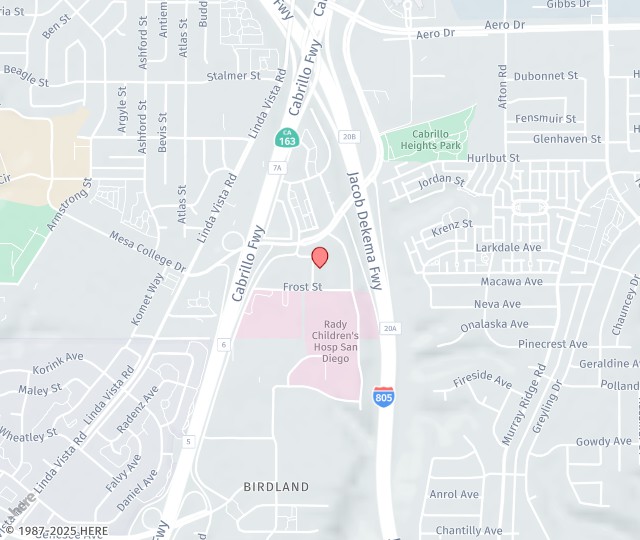
Advanced age comes with oral conditions, including gradual tooth loss. Unfortunately, tooth loss adversely affects confidence, nutrition, and general quality of life. Some older people wear dentures because they are unaware of alternative corrective procedures for missing teeth. Zygomatic dental implants are an excellent tooth replacement choice for older people for various reasons.
Zygomatic dental implants are effective in cases where traditional implants are not viable. In particular, the former devices attach to the zygomatic bone and provide a secure base for artificial teeth. Additionally, highly trained dental surgeons perform the zygomatic implant placement, guaranteeing the best outcome. This post highlights four benefits of zygomatic implants for older adults.
1. Less Invasive
Some older adults lose teeth due to years of poor oral hygiene and gum disease. Traditionally, the extent of toothlessness determines the degree of tissue invasion during teeth replacement. For example, an elderly patient who lacks several teeth requires multiple anchors with traditional implants. Therefore, the procedure would involve extensive soft and hard tissue excavation in the gums.
Zygomatic implant installation is less invasive since the process involves fewer incisions and drilling. Typically, one zygomatic implant holds three to four artificial teeth. Therefore, the procedure leads to minimal oral tissue excavation since fewer anchor points are needed. As a result, older people do not need to worry about unprecedented tissue damage if they opt for zygomatic implants.
2. Fast Healing
Untreated tooth loss leads to a decline in oral tissue regeneration and decreased tissue resistance. Therefore, the healing process after an invasive oral procedure takes longer in elderly patients who have long had missing teeth than in young people with recent tooth loss. Slow recovery adversely affects older people, including an increased risk of infection. Additionally, prolonged healing affects the structural organization of connective tissue, leading to scarring.
Zygomatic dental implant installation is minimally invasive and results in few wounds, which are easy on an elderly patient’s healing system. Consequently, the injuries heal faster, reduce the risk of infections, and promote the quality and robustness of healing connective tissues. Generally, older patients resume verbal communication and regular routines quicker, including eating nutritious meals.
3. Secure Base
Decreased tissue regeneration accelerates bone loss in old age. In particular, reduced stimuli on the jawbone due to partial toothlessness encourages bone resorption. Unfortunately, the process also reduces tissue density and compromises implant stability. Therefore, adequate tests and consultations are essential to ensure a secure implant base on the jaw of an older person.
Zygomatic implants guarantee a stable and durable base for artificial teeth. The stability arises from the attachment point, the cheekbone. The thick and strong zygomatic bone provides a strong anchor point for a dental implant. Additionally, the zygomatic bone is immovable and ensures minimal disturbance to a dental implant.
4. Short Procedure
Dental bone grafting is essential in dental implant procedures for patients with low jawbone density. The graft fuses with the alveolar bone to provide a stable anchor for artificial teeth. However, bone grafting is a secondary procedure and prolongs dental implant installation. For instance, a patient must wait for a graft to heal before implant placement.
Zygomatic implant placement is an outpatient single-step dental procedure. The attachment process eliminates bone grafting since anchor points are on the dense zygomatic bone. Thus, patients go through a single healing stage, which is less stressful for elderly patients missing several teeth. A fast recovery time should encourage elderly patients to consider zygomatic dental implants.
Some older people with partial toothlessness believe they have limited teeth replacement options. However, zygomatic dental implants are developed using advanced technology in oral and maxillofacial surgery and are ideal for elderly patients. Contact us at San Diego Center for Oral & Maxillofacial Surgery for a consultation about zygomatic dental implants.
